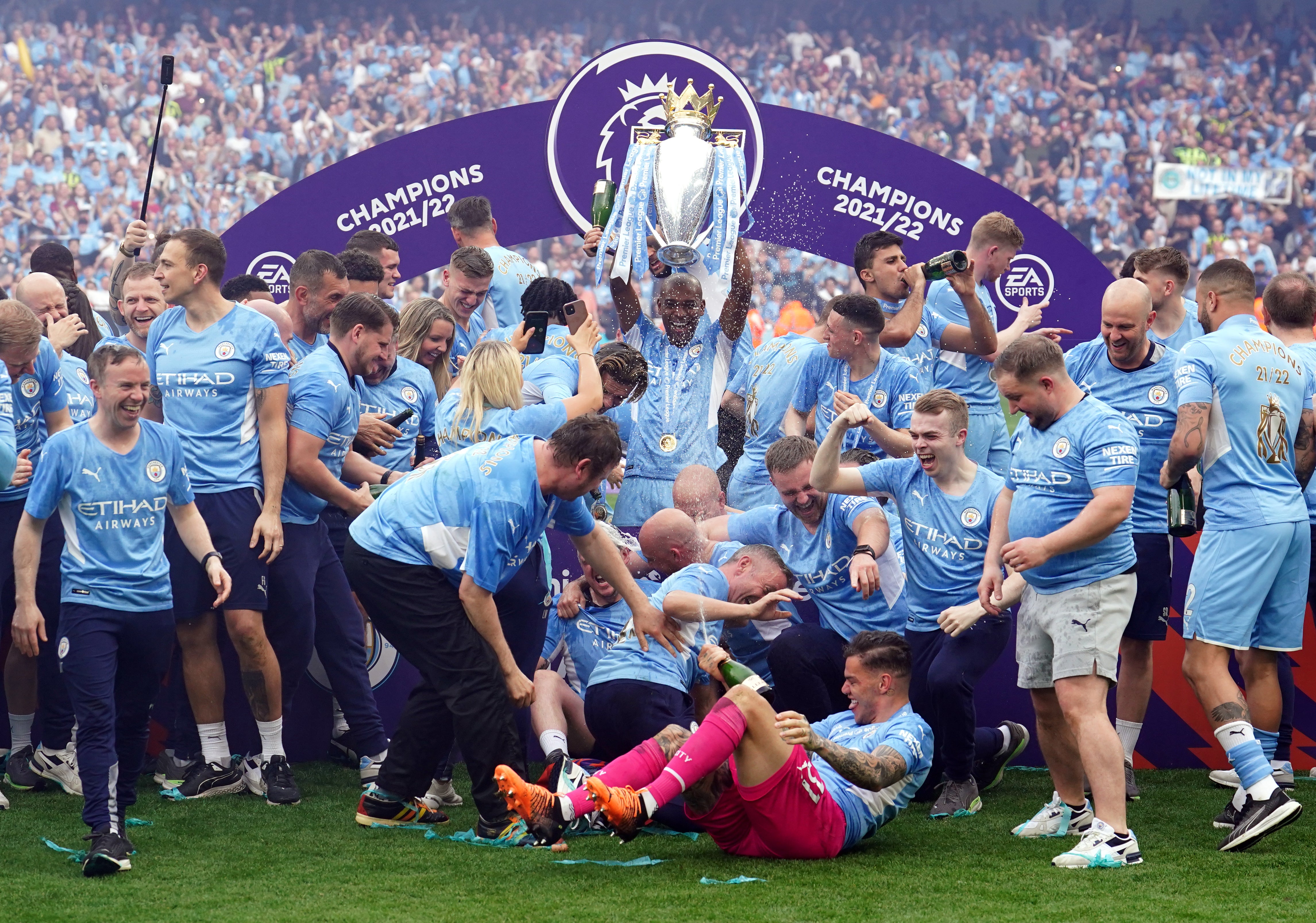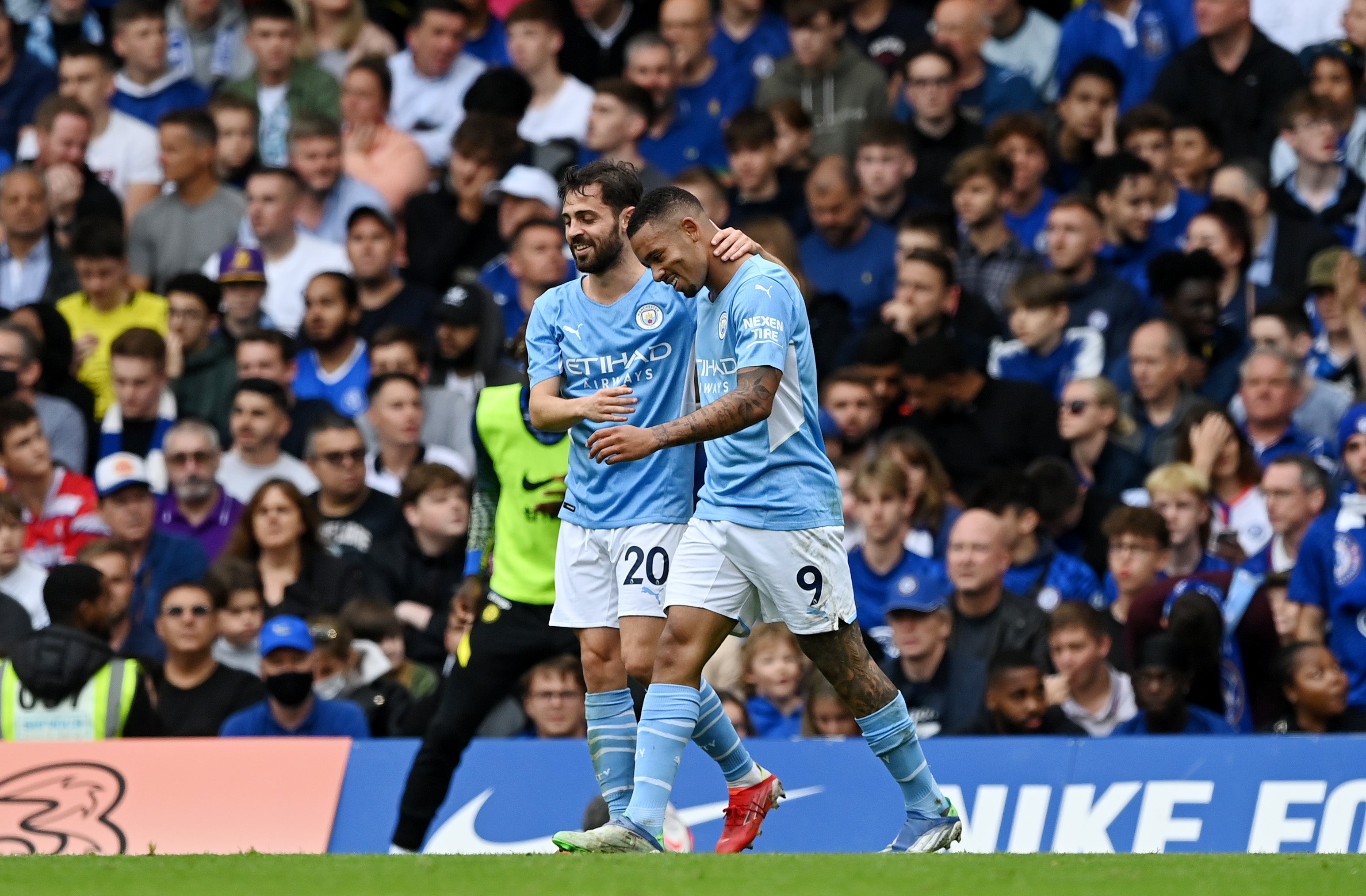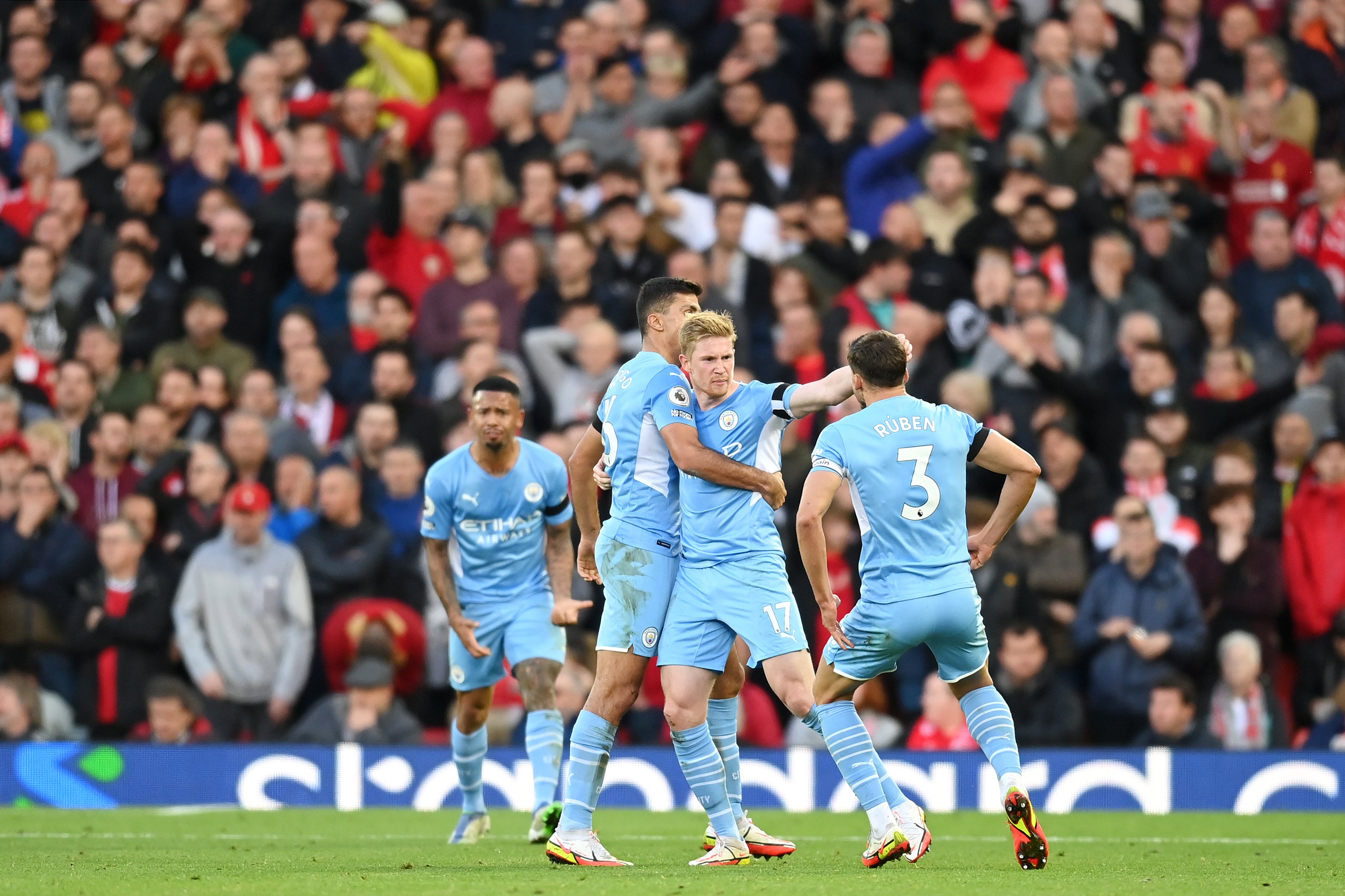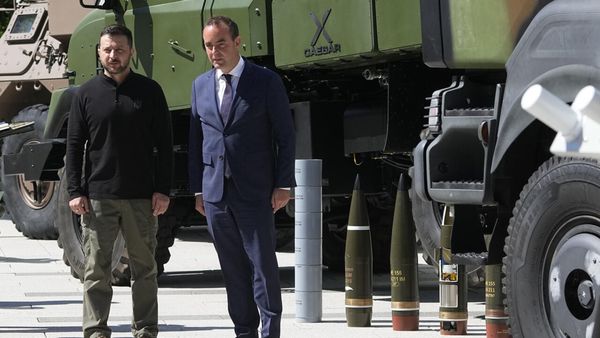
Manchester City’s fourth title in five seasons was not won in September but, more importantly, it was not lost then either. Pep Guardiola’s side faced just about the most difficult three-game run possible, all in the space of eight days: away to Chelsea, their conquerors in the Champions League final four months previous; away to Paris Saint-Germain, newly decorated with the signing of Lionel Messi; away to Liverpool, their greatest competition.
Just five games into the defence of their Premier League title, City had already dropped five points. After defeat for a depleted squad on the opening weekend at Tottenham, Southampton had earned a goalless draw at the Etihad. Guardiola, meanwhile, was at odds with own fans over perceived criticism of their support after the 6-3 win over RB Leipzig. None of this was ideal preparation.
The outcome was far from perfect, too. City emerged from those eight days with a win, a loss and a draw. You could not ask for a more mixed bag of results. Yet while the defeat fell in a Champions League group stage that they were always likely to qualify from regardless, all four of the points that they picked up came domestically. Guardiola’s side navigated the two most difficult away days of their season and came out unbeaten.
Despite the other points dropped, despite the tensions between the manager and the supporters, and despite the interminable debate over their lack of a recognised striker, from that point onwards, it was hard not to believe that City had already come through one of the most challenging parts of their campaign unscathed. Two points off the top, it was hard not to consider them favourites to get over the line in first place once more.
They did, in the end, and there are a lot of similarities between this title win and that which came immediately before it. Like last season, City started a little slowly. Like last season, there was a long winning run through the winter - 12 consecutive games this time, compared to 15 last term - that laid the foundations for victory. Like last season, City scored goals despite playing without that recognised striker everyone was sure they needed.

Yet there are differences, too. Last season’s squad was not an unhappy one but this season’s might be slightly happier. Bernardo Silva is the best example of that, as a player who looked all but certain to leave at the end of a long, gruelling season played behind closed doors while in and out of lockdown. The 27-year-old was considering his options and was not the only one.
Bernardo stayed, though, and pushed City forward during the autumn months. He was not the only one to reinvigorate his Etihad career. Gabriel Jesus - previously considered little more than an understudy in Sergio Aguero’s shadow - has found a new position and new purpose. Aymeric Laporte wanted first team football last summer. He found it by staying put and being patient and became City’s most consistent centre-half this season.
The squad is still small, which is how Guardiola likes it, but has been a little too small for comfort at times this season. The suspension of Benjamin Mendy, the January sale of the unsettled Ferran Torres and a lack of true utility players capable of filling a range of positions left gaps that could not be easily plugged. Yet plugged they have been, without sending City’s title defence off course.
It was fitting, in that regard, that three substitutes were instrumental in the five-minute comeback against Aston Villa that crowned City champions. All of them - scorer Ilkay Gundogan, and providers Raheem Sterling and Oleksandr Zinchenko - have had to make do with bit-part roles over the course of the campaign, but Guardiola has generally been able to count on those at the fringes when required.

And when you are as dominant as City have been over the past decade, improvement comes at the edges. Carlos Vicens was promoted from the title-winning under-18s set-up to work on Guardiola’s coaching staff with a focus on set pieces. The result has been the most goals scored from dead ball situations in the top flight - 21 in all - and the fewest conceded too, the defence breached just the once.
Vicens will depart this summer - having been poached to become head coach of Heracles Almelo - but the edges City have found are unlikely to be forgotten. Though not archetypal set-play merchants, it is simply another way for the best team in the country to beat you, as if Guardiola was short of those already. With this fourth title under the Catalan, only Sir Alex Ferguson’s Manchester United have achieved the level of dominance City now enjoy during the Premier League era.
“These guys are legends. People have to admit it. They are eternal in this club,” the manager of said legends declared, emotionally exhausted from the events of the final day and the nine-month slog that had preceded it. This level of superiority was not supposed to be possible in a league as competitive as the modern top flight. Guardiola himself did not expect it upon arrival. “I had a lot of confidence, but no,” he admitted.

That has generally been the story of Guardiola’s City in this league ever since that first, record-breaking 100-point title triumph four years ago. Just as they appear to be in trouble, or about to embark on a run that will seriously test their credentials, they come out ahead of the competition regardless. That was the case in September. It was the same on Sunday too. And as long as their extraordinary manager is around, you imagine that will remain the case for a while yet.







